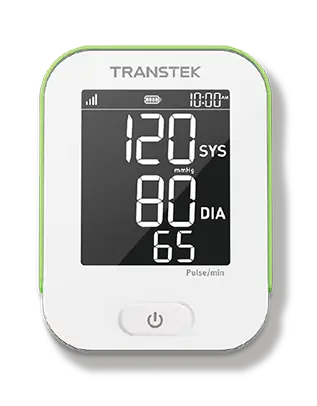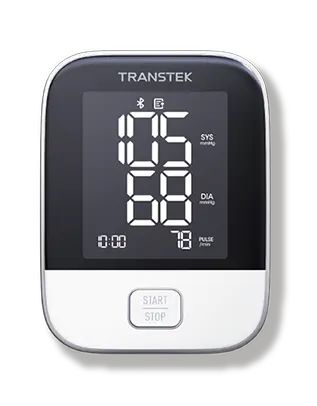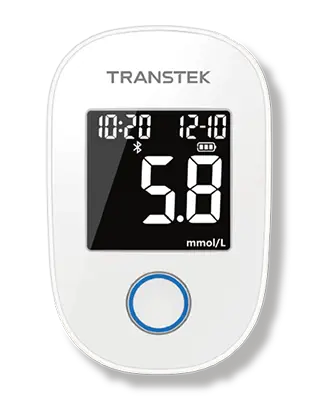
Smart body weight scales have been around for over a decade. Initially, smart body weight scales measure no different than traditional body weight scales, but they can transmit weight information to a smartphone app. However, over time, smart body weight scales have developed and taken on more features. Today, body weight scale can collect a lot of health information about you simply by standing on them, including: body fat percentage, basal metabolic rate, body mass index (BMI), muscle mass, fat mass, body water percentage, bone mass and heart rate.
Some smart body weight scales can also be personalized. For example, if you are pregnant or measure your baby's weight, you can track your weight in different ways. Some even help you with endurance training with athlete mode. All of this data is usually associated with an app made by the body weight scale manufacturer. But this data can also be shared with other smartphone health apps if you wish.
Many people may feel no need for a smart body weight scale. However, if you regularly track other health information besides your weight on your smartphone, it can help you gain a deeper understanding of your overall health. Some people prefer to use smart body weight scales to measure other health information. For example, if you measure your heart rate with a smart body weight scale, you can see that along with other health data on your phone.
Some people involved in obesity treatment programs and weight loss programs have adopted smart body weight scales to monitor progress and report positive results for them. The data collected by the smart body weight scale can help them and their healthcare provider show how much weight they have lost. This can help healthcare providers develop a personalized weight loss plan that is more suitable for each individual.
+86-0760-85702291







